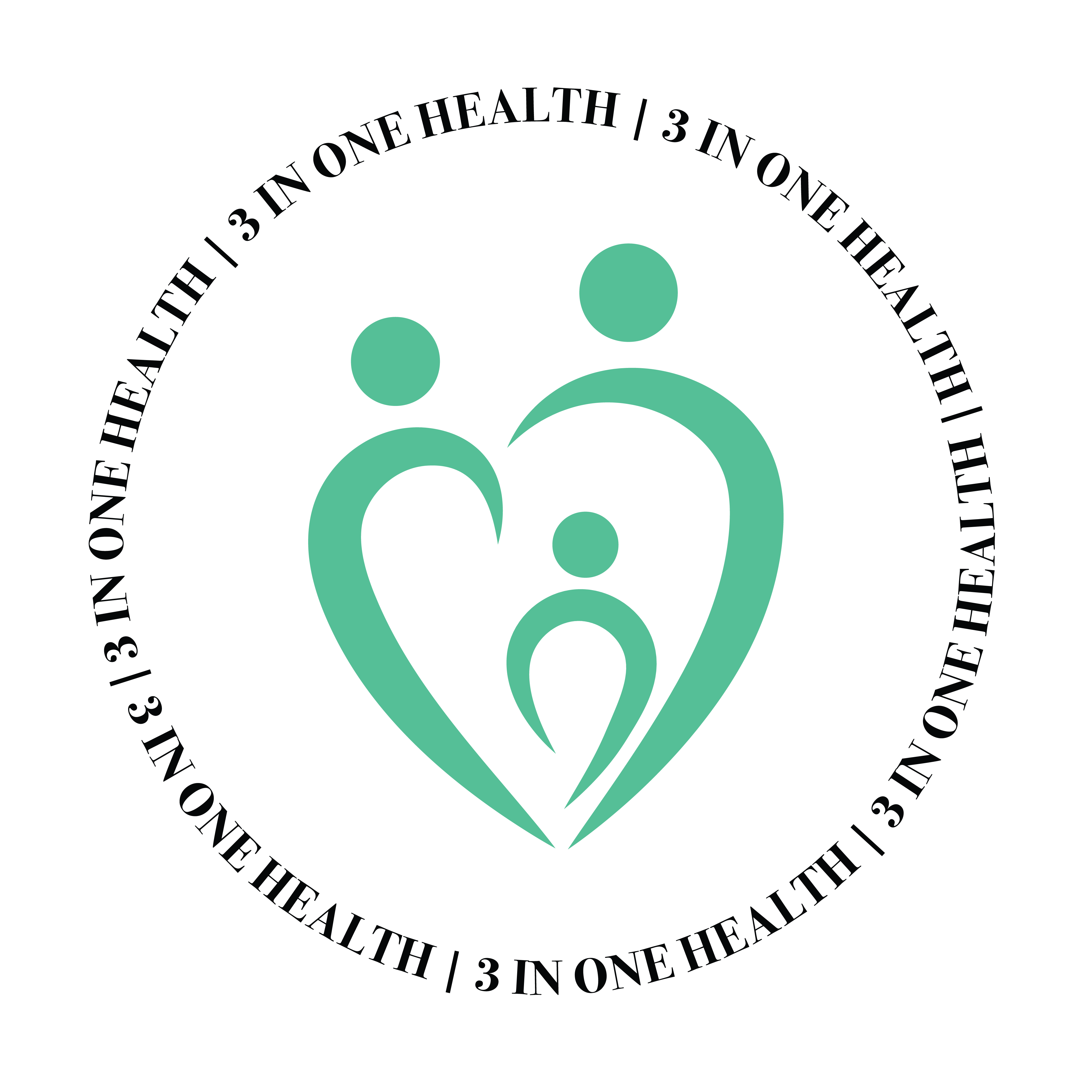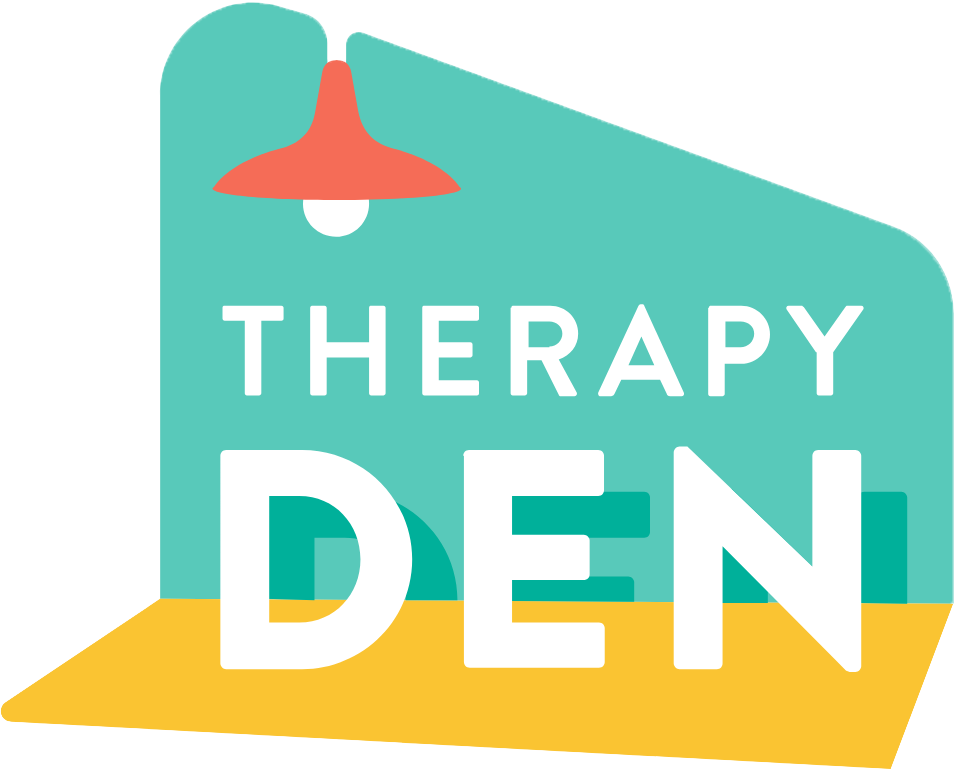It takes a village to raise our kids
Children are unable to fully process the complexities that accompany the emotional and/or psychological issues they are experiencing, and struggle with verbalizing their feelings or struggles, which often lead to behavioral problems. Disruptive, explosive, or dangerous behavior can be generated by anxiety, trauma, depression, or frustration from school or family stressors, undiagnosed learning or mental health disorders, or many other adjustment issues. Some life events can cause changes in your child’s functioning as a part of a process of adjustment. Things like:
- Parental divorce
- Bullying
- A new sibling
- Grief and the death of a loved one, pet, home, etc.
- Witnessing or experiencing a trauma event(s)
- Relocation issues (i.e. changing schools, homes, families, and/or cities/states)
- Family substance abuse or addiction
- Sexual, emotional, and/or physical abuse
If your child’s behavior is causing him/her chronic trouble in school or is seriously disrupting your family life, it’s important to get help. If your child seems unusually anxious or sad or irritable for a long period of time and it is interfering with his/her ability to do things that are appropriate for kids his/her age, you want to get them help as soon as possible so that they do not miss out on important parts of their childhood, fall further behind with their social or academic development, or carry their problems into teenage years or adulthood.
Common signs of psychological/emotional distress in children:
- Low self-esteem
- Unprovoked aggression
- Leakage of urine
- Difficulty adjusting to social situations and/or new situations
- Recurrent nightmares, night terrors, and/or sleep difficulties like insomnia
- Low grades or a sudden academic decline
- Constant worry and anxiety
- Social withdraw from activities your child once liked or loved to do
- A noticeable and/or sudden loss of appetite and/or extreme weight loss
- Repetitively performing rituals and routines like hand-washing
- Suicidal ideations (thoughts) or attempts
- Spending most of his/her time alone or engaging in voluntary social isolation
- Increased physical complaints, despite a healthy report from a medical professional
- Engaging in self-harm practices, such as cutting oneself
If your child is displaying any of these signs, we encourage you to schedule your first appointment so we can help your son or daughter learn how to process their feelings, traumas, or adjustments, and how we can help your family return to a healthy level of functioning.
Contact Today Schedule your free 20-minute phone or video consultation today


